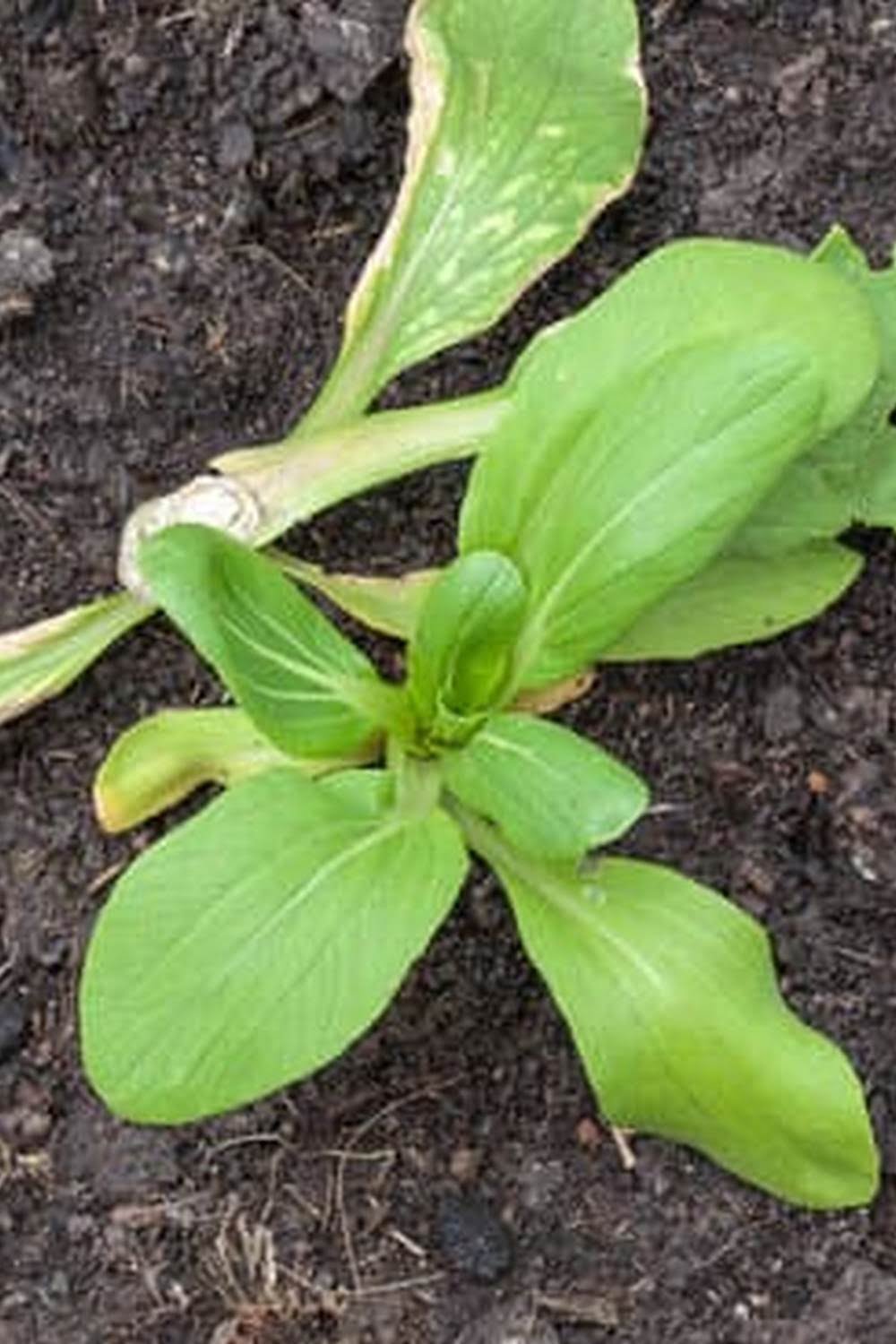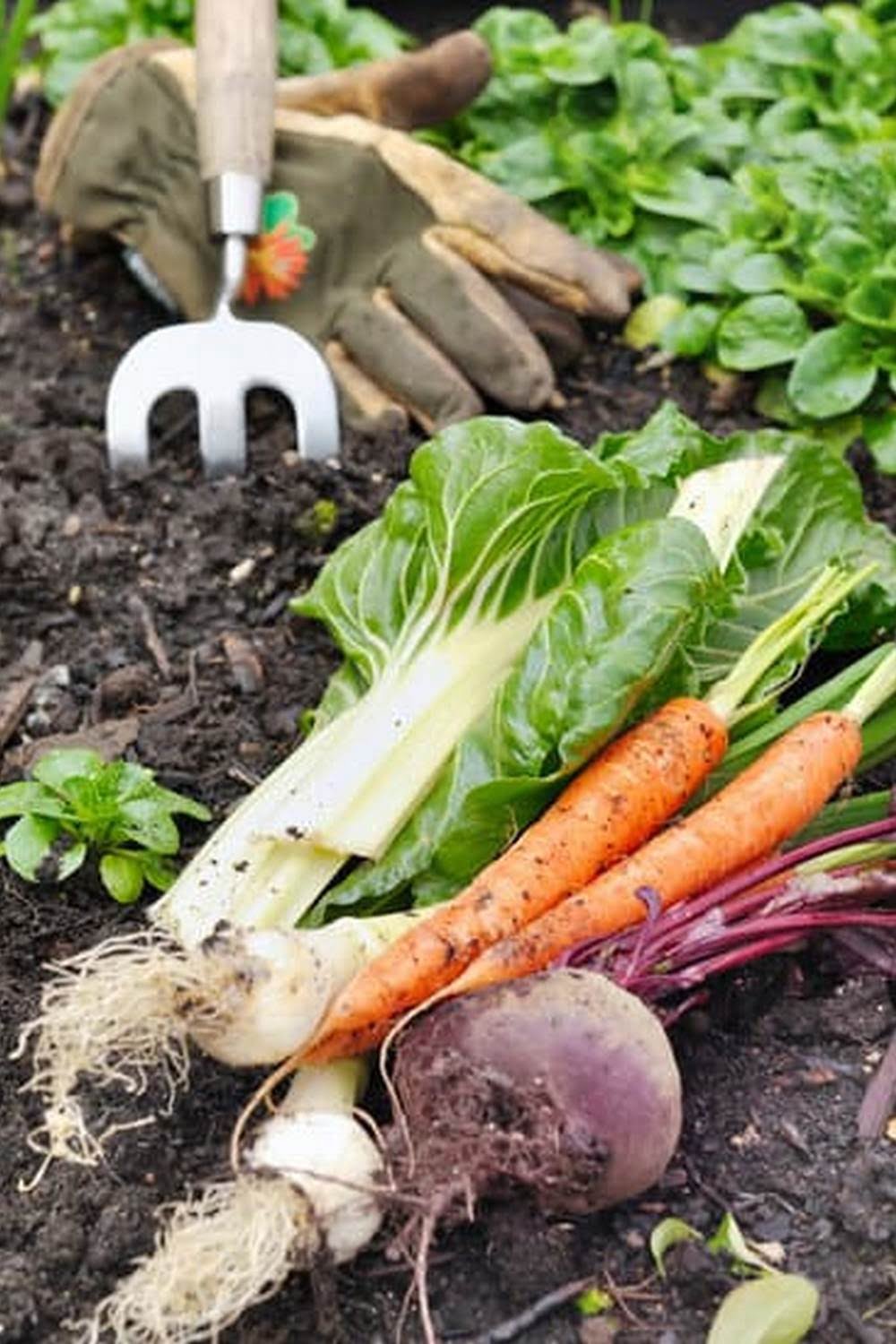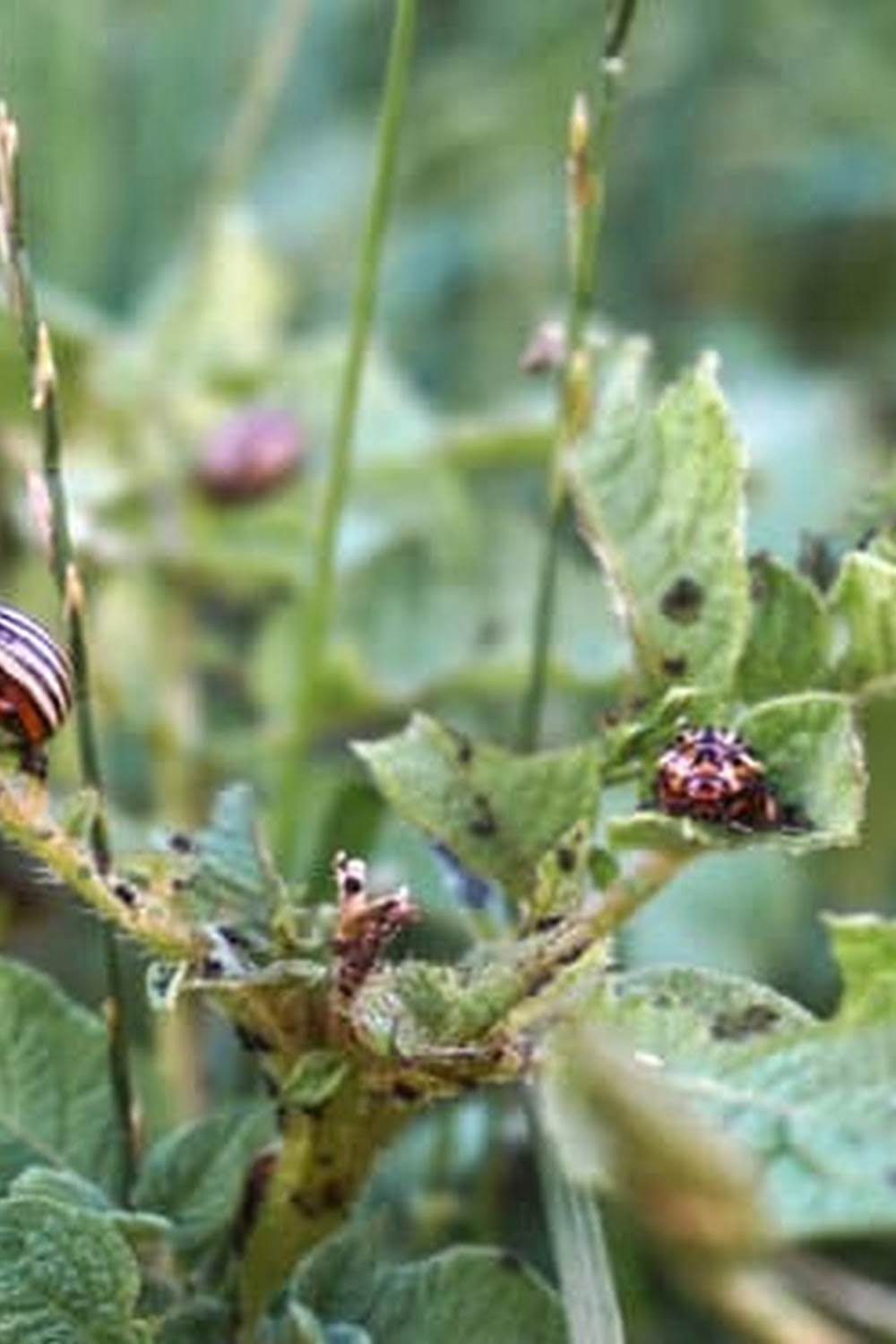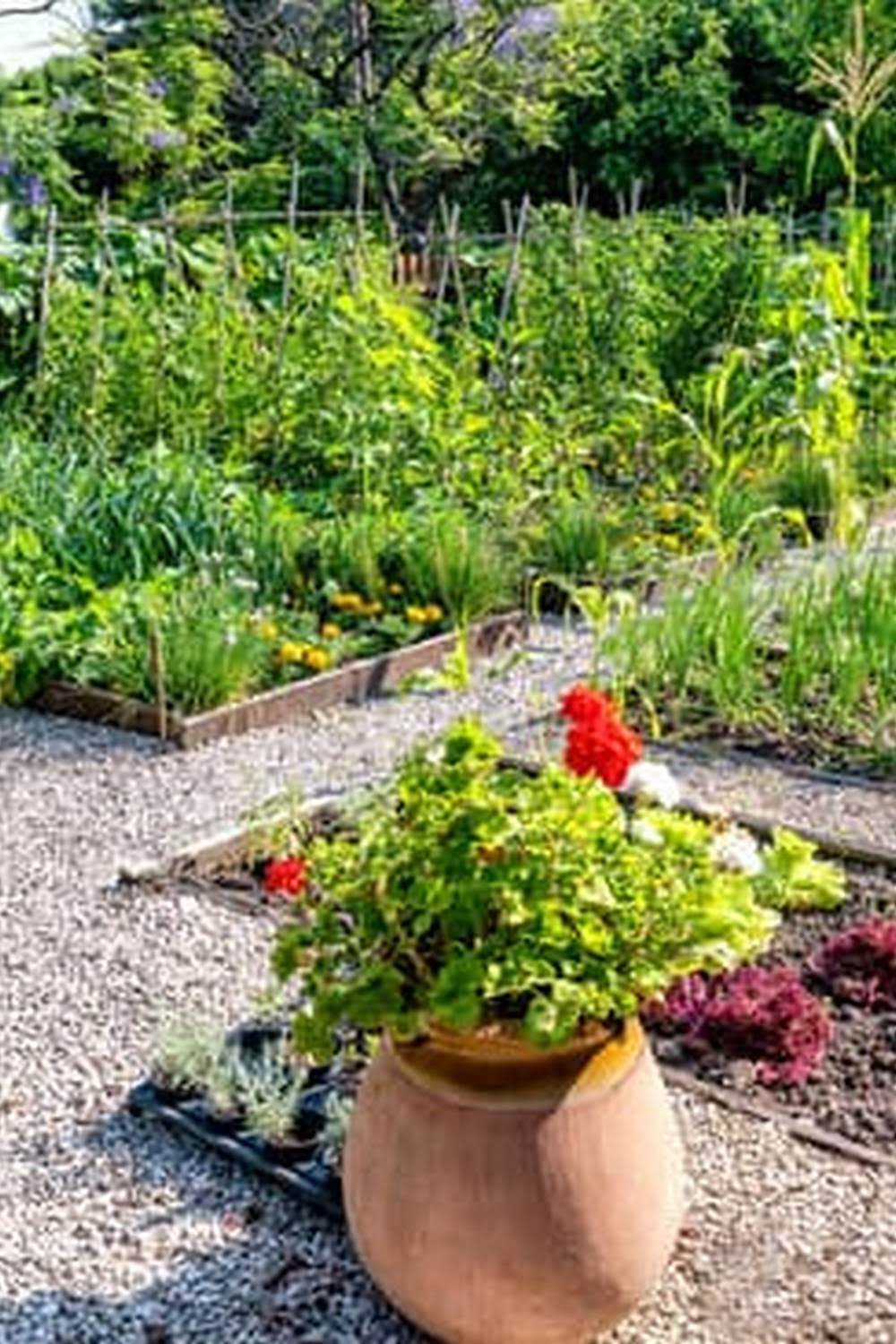What To Put In Soil For Vegetable Garden
When planting a vegetable garden, it is important to add soil amendments to improve the soil quality and drainage. The type of soil amendment you add will depend on the type of soil you have. If your soil is heavy clay, you will need to add organic matter to improve the soil structure. If your soil is sandy, you will need to add organic matter and fertilizer to improve the fertility of the soil.
Before adding any amendments to your soil, it is important to test the pH of the soil. The pH of the soil affects the availability of nutrients to the plants. Most vegetables prefer a pH of 6.5 to 7.0. If the pH of your soil is too low or too high, you can add lime or sulfur to adjust the pH.
Organic matter is the best amendment to add to clay soil to improve drainage and soil quality. compost, aged manure, and green manures are all good sources of organic matter. These amendments improve the soil structure by adding organic matter, which helps to loosen the soil and improve drainage. They also add nutrients to the soil that are beneficial to plants.
In sandy soils, organic matter helps to improve the fertility of the soil by adding nutrients and helping to hold water and nutrients in the soil. Fertilizer is also necessary to add to sandy soils to improve the fertility of the soil. A balanced fertilizer such as 10-10-10 or 20-20-20 is a good choice. Be sure to read the label to make sure the fertilizer is appropriate for your type of soil.
When adding amendments to your soil, be sure to mix them in well. You can use a tiller, shovel, or hoe to mix them in. If you are adding a lot of organic matter, it may take a while to mix it in. It is a good idea to mix in a little bit at a time and let it settle before adding more.
Once the amendments are mixed in, it is time to plant your vegetables. Be sure to read the instructions that come with your plants to find out how deep to plant them. If you are not sure how deep to plant them, you can use a trowel or a garden fork to dig a hole and test the soil.
Are Leftover Vegetable Roots Bad For Garden Soil
?
The gardener in me wants to say “YES!” – that leftover vegetable roots are bad for garden soil. But the scientist in me says “NO!” – that leftover vegetable roots are not bad for garden soil.
When it comes to gardening, I like to think of myself as a scientist. I like to test things out in my garden, measure the results, and then make conclusions based on the data. And so, I decided to test the idea that leftover vegetable roots are bad for garden soil.
To test this, I gathered up all of the vegetable scraps from my kitchen – carrot tops, onion skins, potato peels, etc. – and I put them in a bucket. Then, I took a shovel and dug a hole in my garden, and I buried the bucket of vegetable scraps in the hole. I covered the hole with soil and then I waited.
A few weeks later, I checked on my garden soil. To my surprise, the soil was rich and dark and it smelled earthy. The vegetable scraps had not only not damaged the soil, but they had actually helped to improve it!
So, the answer to the question “Are leftover vegetable roots bad for garden soil?” is “NO!” – leftover vegetable roots are not bad for garden soil. In fact, they can actually help to improve the soil.
Where To Buy Organic Soil For Vegetable Garden
When it comes to gardening, there are a lot of decisions to make. What vegetables to grow, what type of soil to use, how to care for the plants… it can be overwhelming. But one of the most important decisions you’ll make is what type of soil to use.
There are a few different types of soil you can use for your vegetable garden: organic, inorganic, or a mix of the two. Organic soil is made from natural materials, like compost or peat moss, while inorganic soil is made from man-made materials, like sand or gravel.
Which type of soil you choose is up to you. Some people prefer organic soil because it’s more sustainable and helps improve the soil quality. Others prefer inorganic soil because it’s less expensive and easier to work with.
No matter which type of soil you choose, you’ll need to buy some. If you’re growing a small garden, you can buy a bag of organic soil from your local garden center. If you’re growing a large garden, you may want to buy a truckload of soil.
If you’re looking for organic soil, be sure to buy soil that’s certified organic. This means that the soil has been tested and meets the standards set by the United States Department of Agriculture (USDA).
When buying soil, be sure to ask the seller how long the soil has been composted. Composted soil is better for your garden because it contains more nutrients and organic matter.
If you’re looking for inorganic soil, there are a few things to keep in mind. First, be sure to buy soil that’s pH-neutral. This means that the soil has a pH of 7.0, which is the ideal pH for vegetables.
Second, be sure to buy soil that’s high in organic matter. Organic matter is important for healthy plants, so look for soil that has a high percentage of organic matter.
When buying soil, be sure to ask the seller how long the soil has been composted. Composted soil is better for your garden because it contains more nutrients and organic matter.
If you’re looking for a mix of organic and inorganic soil, you can buy a soil mix from your local garden center. Soil mixes are made from a combination of organic and inorganic materials, so they’re perfect for gardeners who want the best of both worlds.
No matter which type of soil you choose, be sure to read the label carefully. This will tell you how much organic matter the soil contains, as well as the pH level.
When it comes to gardening, there are a lot of decisions to make. But one of the most important decisions you’ll make is what type of soil to use. There are three types of soil you can use for your vegetable garden: organic, inorganic, or a mix of the two.
Organic soil is made from natural materials, like compost or peat moss, while inorganic soil is made from man-made materials, like sand or gravel. Which type of soil you choose is up to you. Some people prefer organic soil because it’s more sustainable and helps improve the soil quality. Others prefer inorganic soil because it’s less expensive and easier to work with.
No matter which type of soil you choose, you’ll need to buy some. If you’re growing a small garden, you can buy a bag of organic soil from your local garden center. If you’re growing a large garden, you may want to buy a truckload of soil.
If you’re looking for organic soil, be sure to buy soil that’s certified organic. This means that the soil has been tested and meets the standards set by the United States Department of Agriculture (USDA).
When buying soil, be sure to ask the seller how long the soil has been composted. Composted soil is better for your garden because it contains more nutrients and organic matter.
If you’re looking for inorganic soil, there are a few things to keep in mind. First, be sure to buy soil that’s pH-neutral. This means that the soil has a pH of 7.0, which is the ideal pH for vegetables.
Second, be sure to buy soil that’s high in organic matter. Organic matter is important for healthy plants, so look for soil that has a high percentage of organic matter.
When buying soil, be sure to ask the seller how long the soil has been composted. Composted soil is better for your garden because it contains more nutrients and organic matter.
If you’re looking for a mix of organic and inorganic soil, you can buy a soil mix from your local garden center. Soil mixes are made from a combination of organic and inorganic materials, so they’re perfect for gardeners who want the best of both worlds.
No matter which type of soil you choose, be sure to read the label carefully. This will tell you how much organic matter the soil contains, as well as the pH level.
What Type Of Soil Is Best For Vegetable Garden
?
There are a few things to consider when choosing what type of soil is best for your vegetable garden. The type of soil you have, the pH of the soil, and the amount of organic matter in the soil all play a role in what vegetables you can grow and how well they will grow.
If you have sandy soil, you will want to add organic matter to it to help it retain water and nutrients. If you have clay soil, you will want to add sand to it to help it drain better. The pH of the soil is also important. Most vegetables prefer a soil pH of 6.5 to 7.0, but there are a few that prefer a soil pH of 5.5 or higher or lower. You can test the pH of your soil with a soil test kit from your local garden center.
The best way to improve the soil for your vegetable garden is to add organic matter. You can do this by adding compost, manure, or leaves to the soil. Compost is the best way to add organic matter to the soil, as it is broken down and contains a variety of nutrients that plants need.
So, what type of soil is best for a vegetable garden? It depends on the type of soil you have, the pH of the soil, and the amount of organic matter in the soil. If you have sandy soil, you will want to add organic matter to it. If you have clay soil, you will want to add sand to it. The pH of the soil is also important, most vegetables prefer a soil pH of 6.5 to 7.0, but there are a few that prefer a soil pH of 5.5 or higher or lower. The best way to improve the soil for your vegetable garden is to add organic matter.
What Soil Should I Use For My Vegetable Garden
?
When most people think of vegetable gardens, they think of the rich, black soil that you typically find in a garden. While this type of soil is great for growing vegetables, it’s not the only type of soil that you can use. In fact, there are a number of different types of soil that you can use for your vegetable garden, each with its own set of benefits and drawbacks.
One of the most popular types of soil for vegetable gardens is loam. Loam is a type of soil that is made up of a mixture of sand, silt, and clay. It is a fertile soil that is rich in nutrients, and it drains well, which makes it perfect for vegetable gardens.
Another popular type of soil for vegetable gardens is clay. Clay soil is rich in nutrients and it drains well, but it can be difficult to work with. It can also be quite heavy, which can make it difficult to move.
If you’re looking for a soil that is rich in nutrients, but that is also easy to work with, you may want to consider using compost. Compost is a type of soil that is made up of organic materials, such as leaves, grass clippings, and kitchen scraps. It is a rich soil that is perfect for growing vegetables.
No matter what type of soil you choose to use for your vegetable garden, be sure to test it before you plant your vegetables. This will help you to determine whether or not the soil is acidic or alkaline, and it will also help you to determine how much fertilizer you will need to use.

If you’re looking to get into vegetable gardening, or are just looking for some tips on how to make your current garden better, then you’ve come to the right place! My name is Ethel and I have been gardening for years. In this blog, I’m going to share with you some of my best tips on how to create a successful vegetable garden.





